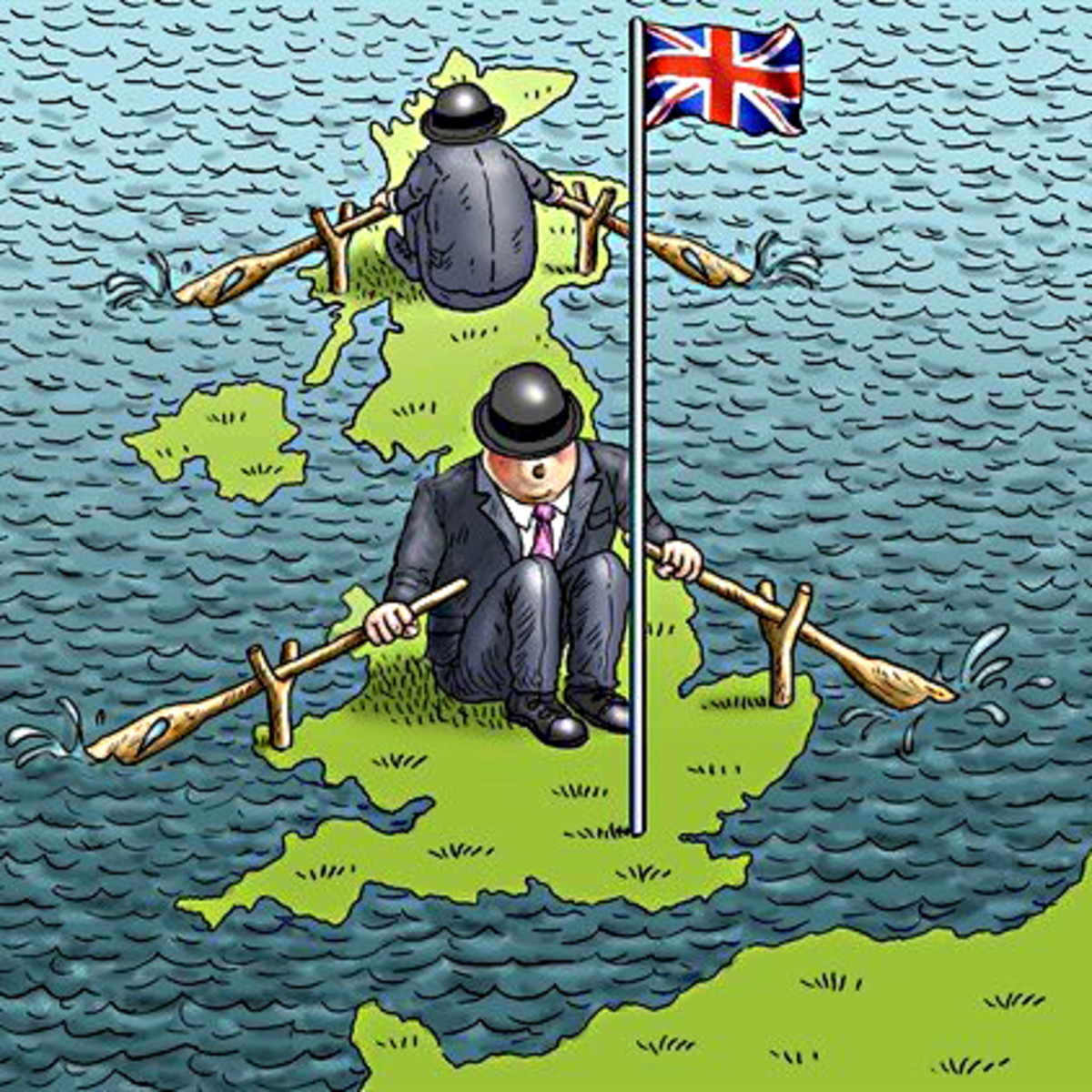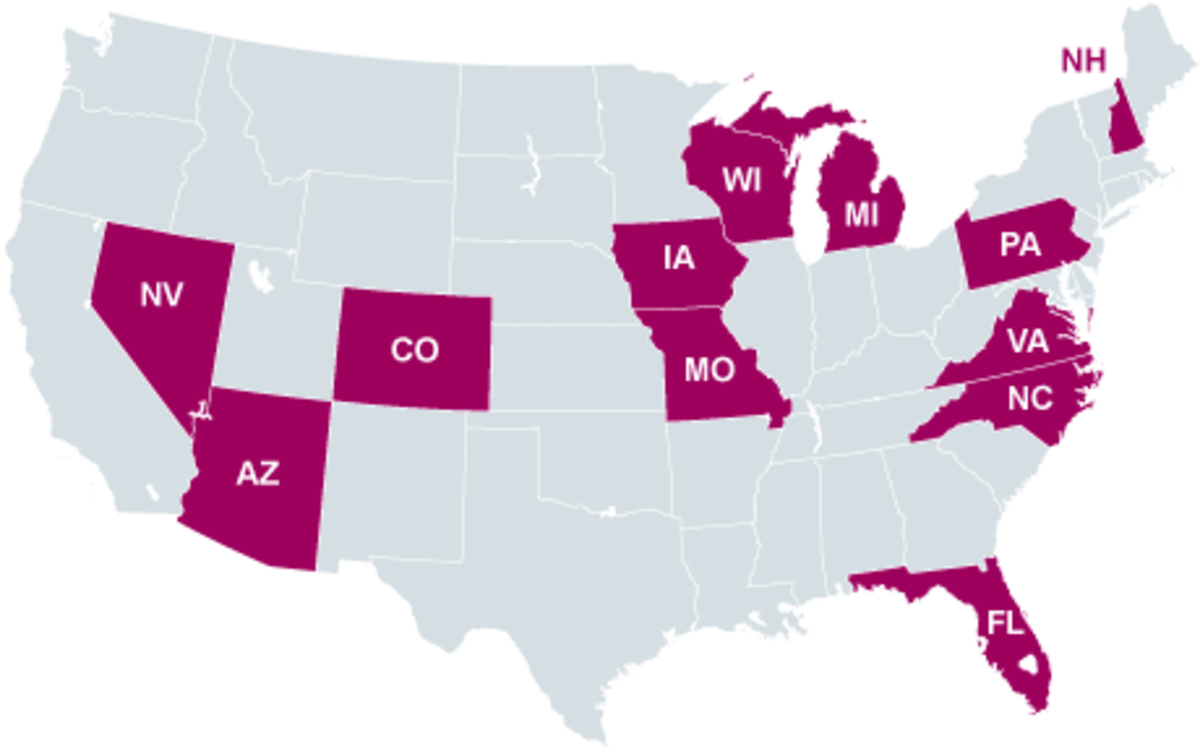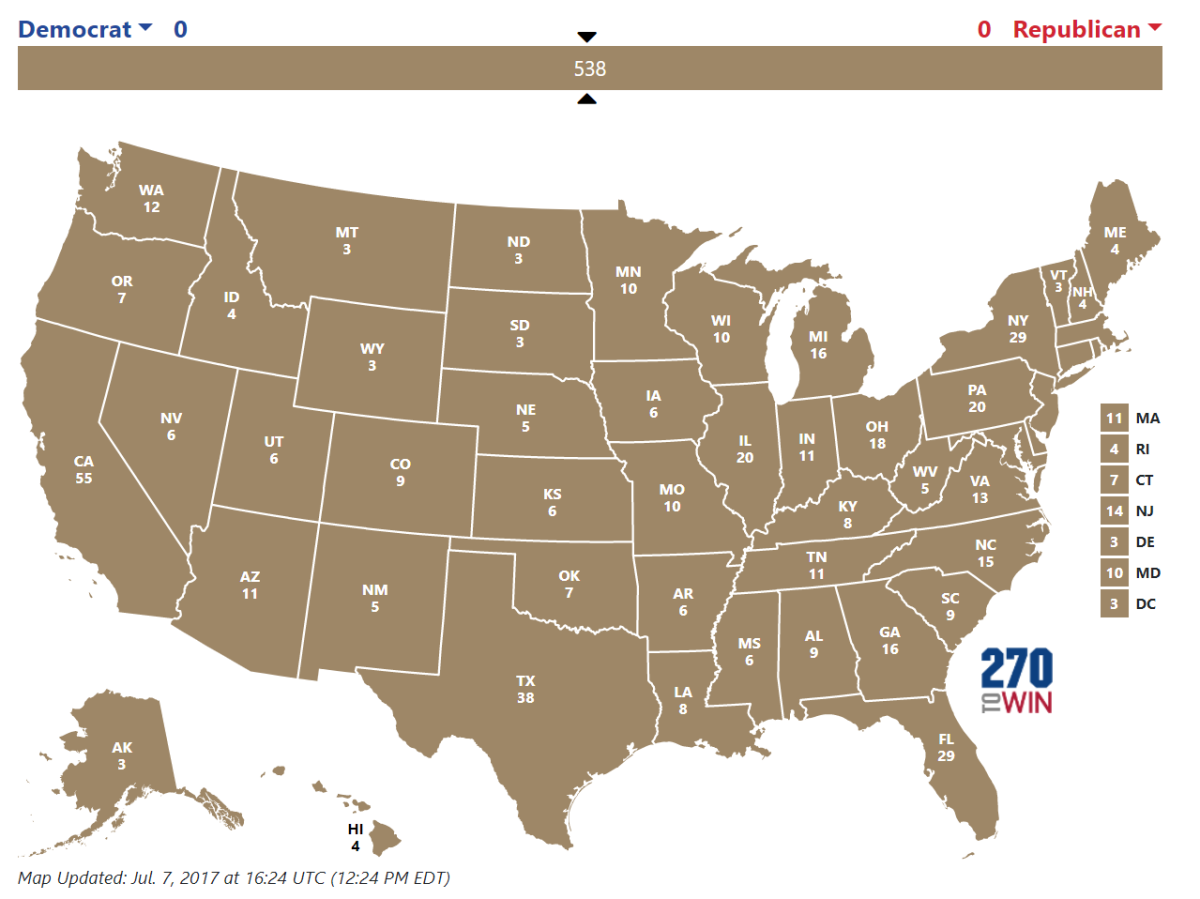Post-election thoughts on "wasted" votes and civil liberties
As people who have read my previous hubs on third parties may have been able to glean, I did indeed vote for libertarian presidential candidate Gary Johnson this election. I couldn’t in good conscience vote for Mitt Romney or Barack Obama, despite being told by people that my vote for Johnson was a vote for Obama. Johnson did achieve a libertarian milestone in that he received the highest vote percentage of a libertarian candidate since 1980 (1%. Of course, it should have been much better). I will devote most of this hub to responding to people who claim I “should” have voted for Romney, because the wasted vote syndrome is so widespread, and was out in full force during this election.
Why my vote for Johnson was NOT a vote for Obama
So many people have fallen for the “wasted vote” logic that they will hold their nose and vote for the “less bad” candidate so the “other guy” won’t win. I was dismayed to hear so many libertarians using exactly this logic in justifying their decision to vote for Mitt Romney. People said Barack Obama was about as far from a libertarian as you could get, and “had to go.” Indeed, Obama was pretty far from being a libertarian, but then, so was Mitt Romney. The website ontheissues.org actually categorizes him as a “populist-leaning conservative,” using the Nolan chart as a model. The last time I checked, a “populist” is about as far from libertarian as you can get. Both candidates were awful. I’m not convinced things would have been any better if Mitt Romney had won. In fact, on some level, they may have been worse. At least with Obama, we’ll likely have a lame duck president who won’t be able to do much of what he wants to do because of the Republicans in congress. Under Mitt Romney, we may have had another Republican majority government. And we all remember what happened the last time we had a Republican majority government, don’t we? (No child left behind, Medicare part D, war in Iraq, etc.) Do we really think it would be any different had a big government republican like Mitt Romney won?
Mitt Romney paid lip service to reducing the deficit, yet couldn’t bring himself to say what exactly he would cut, aside from PBS (yeah, that will really solve the problem). Given Romney’s disturbing history of excessive flip flopping, I didn’t really trust him with power because I couldn’t tell what his “real” position was on almost anything. This flip flopping has been documented by youtube videos and articles all over the net. When he was governor of Massachusetts, he claimed to be for campaign finance reform and even wanted to ban Super PACS. Now, well I’m sure we all know what his position is now. Almost everything, from stimulus spending, to both bailouts, to abortion and the Second Amendment, he has expressed different positions about at different times. I’ll accept that sometimes people change their position, but this many times? I’d prefer my candidate for president to be honest and straightforward, thank you. Pandering may be inevitable to some extent; that’s how politics works. But you can only be allowed so many flip flops before people began to question your character.
One thing Romney actually appeared to be at least somewhat honest about was foreign policy. He wanted to increase defense spending even higher than Obama has (despite what people think, Obama has actually spent more on defense than even Bush did). That’s a deal breaker for me. One of the biggest wastes of money our government is currently doing is our interventions overseas and our desire for never-ending foreign wars. Our military budget should be cut before we can seriously consider cutting Social Security. At least Social Security helps some people. Overseas, we are just throwing money down the drain on nation building and making enemies. And a war with Iran is absolutely the last thing we need to be seriously discussing on foreign policy. Also, jacking up the military budget like Romney claimed he wanted to do seemed indefensible from a fiscal responsibility angle, which Romney was running on. And to top it off, Romney’s proposals for “reforming” entitlement spending (When he even mentioned it at all), seemed rather vague and not bold enough to solve the problem of our debt. So I voted for Johnson.
Some libertarians suggested Romney would have been better on Supreme Court appointments. Perhaps. Given that Romney has spoken in favor of campaign finance reform (as noted previously) and hasn’t exactly been too die hard about the Second Amendment, I’m not sure I’d be willing to bet that he would appoint justices who would uphold Heller or Citizens United. Furthermore, it’s not necessarily true that conservative justices are always better than liberal justices from a libertarian perspective. On national security issues, conservatives are generally worse, as well as on criminal justice abuses and separation of church and state issues. Still, libertarians tend to be originalists and will often side with conservative justices sometimes regardless of their personal feelings on say, the death penalty or gay marriage. Regardless, better court appointments wasn’t something I was willing to be confident enough about to vote for Mitt Romney.
Which brings me to one final point. I have never been a single issue voter, and it is actually a rather foreign concept to me. Regardless of how passionate I may feel about certain issues, I like to take the whole picture into account when voting for a president. Johnson would have been better on the economy, better on civil liberties, and better on national security than any other candidate. That’s what’s important to me. “Strategic” voting is lame, which just inevitably compromises your principles. I understand that people want their vote to “matter” and have some tangible effect in the real world, but I like to look at who agrees with me the most, and if our electoral system were truly just and fair that would be the only thing people thought about. And since I would prefer a system where more than two parties had a real opportunity to be heard and get elected, I also felt my vote was a protest against the existing system. Sure, my guy didn’t win, but when the “electable” candidates were like being forced to choose between a douche and a turd sandwich (to quote south park), I’d rather vote for who I feel is better and be glad I didn’t participate in a corrupt and bs. system.
But that’s all over now. We know the election results, and Obama won. What does that say for the future? And why did Obama win?
It’s not all bad news. We’ve had referendums that legalized recreational use of weed and gay marriage, eminent domain reform was passed in some states, and a ballot initiative approving the creation of charter schools was passed in Georgia.
But what made the Republicans lose? Was it social issues? Did people just want ‘free stuff? Good question. Regarding social issues, I will discuss here how I think that voting for Democrats based on social issues is misguided.
Democrats are not necessarily “better” on civil liberties
There are many people who may have voted for the Democrats purely because they liked their positions on abortion and gay marriage. Some are suggesting that Republicans will have to change their social positions or face demographic death. They may be on to something. But I’ll point out something that people haven’t been discussing much.
Why does everyone act like abortion and gay marriage are the only “cultural” or civil liberties issues that exist? They’re the most popular, but hardly the most important. I think free speech issues and the Second Amendment are far more important than those, and conservatives tend to be better on them. Democrats have basically given the finger to civil libertarians in the party (think the ACLU) and don’t offer much to people like me who support almost all personal freedoms, not just the ones liberals support. It’s nice that Democrats support abortion and gay marriage, but they generally don’t support the right to bear arms, are supportive of restrictions on political speech (campaign finance reform) oppose school choice (if you consider that social) and are more supportive of tobacco regulations and bans on smoking in public places more than conservatives are. Last I checked, those were civil liberties, or culture war issues. And whatever happened to genuine liberal support for marijuana legalization or opposition to the death penalty in the Democratic party? I’m not saying the base of the party doesn’t endorse those views. Many do. But for the most part, their “leaders” don’t. It’s not surprising, then, that the ACLU expressed support for Gary Johnson for president this election cycle and not Barack Obama. He was actually more supportive and consistent in his support for individual freedom than any other candidate. These issues are supremely important to me, and I would like someone who is consistent on them. The schizophrenia of both parties on civil liberties issues has always struck me as a little bizarre. They can be consistent on the economy. Why not social issues too?
I have quite a bit more to say on the election in general, but I will end this hub here. My previous hubs have been all way too long, and I really need to pace myself a little. I may be turning off some readers with my excessively long hubs. I guess I just have a lot to say.







